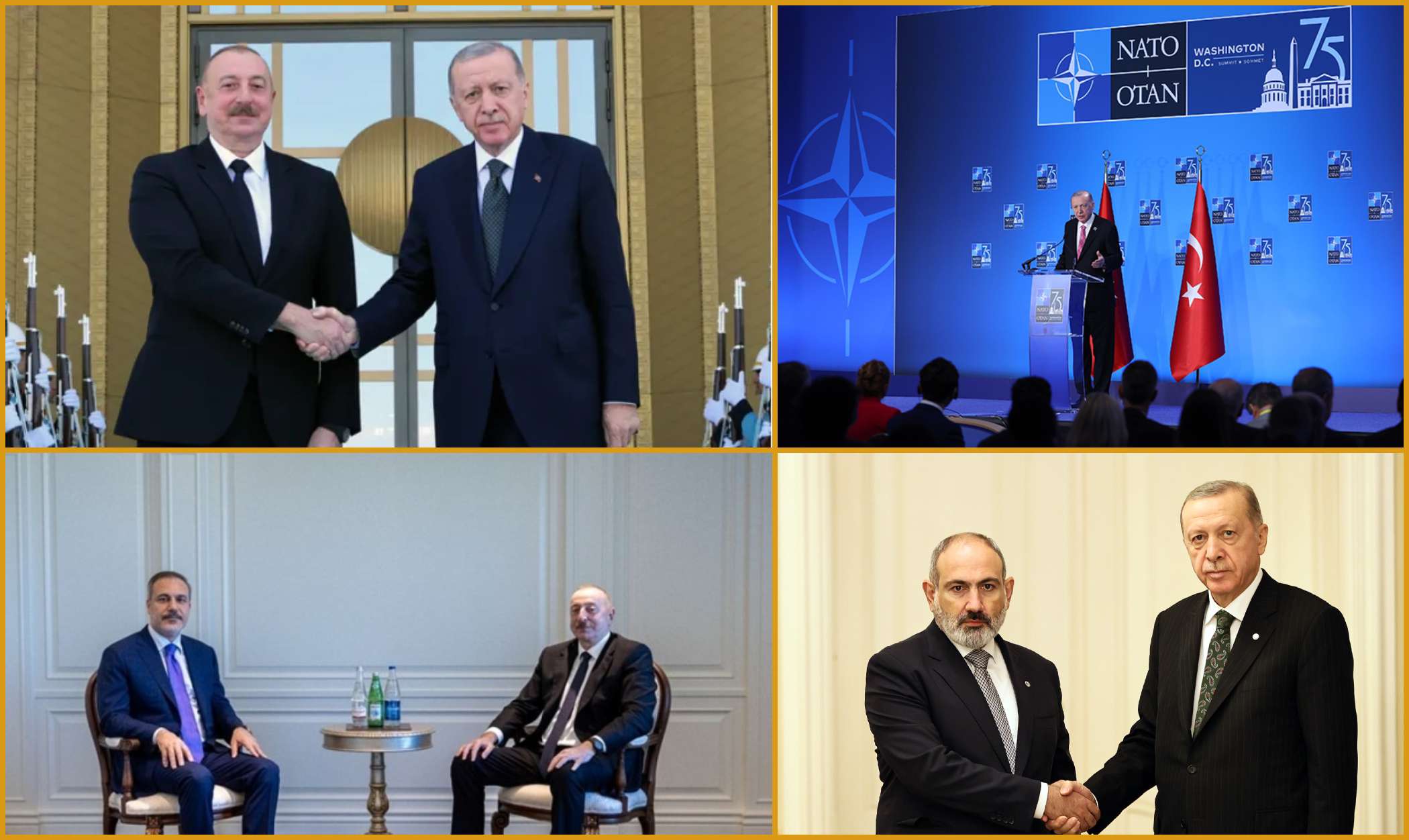As we know, recently, there have been active negotiations on signing an Armenian-Azerbaijani peace treaty and establishing diplomatic relations between the two countries. The last significant event of this process was the demarcation and demarcation process around four villages of the Tavush region.
Before the start of the process, many people approached it with skepticism because they believed that the confrontation and hostility formed due to the long conflict between the parties would prevent a constructive process. However, as unexpected as it was, the process took place without severe obstacles and controversies. In the eyes of the international community, this has been perceived as the first significant test that the Armenian-Azerbaijani parties can carry out a substantive and constructive process. The Western countries welcomed it, calling to find the possibility of a further solution as soon as possible and to sign the peace treaty.
The active phase ended because the President dissolved the parliament in Azerbaijan and set another election day for September. High-ranking officials began to announce that there is one more obstacle in the case of Armenia, and that is the Armenian constitution, which is territorial claims. Provides for Azerbaijan.
When Azerbaijan connects the settlement of the process with the constitutional changes, this does not imply that it has been postponed for some time; it means that Azerbaijan does not have the will to go to the solution and settlement. Everyone knows that going for constitutional changes is, firstly, a complicated and, secondly, a time-consuming process, and in the long term, the geopolitical arrangements may change in a way that will not contribute to the regulation of relations between the two countries. All this is especially worthy of attention when we see the statements and actions of the Turkish side.
In this period, the position and attitude adopted by Turkey are characteristic, first, the statements made by President Erdoğan, then by Foreign Minister Fidan, that the relations should be settled quickly, and there is a possibility of this. "Ankara sincerely hopes that the current negotiation process between Azerbaijan and Armenia will lead to the signing of a peace agreement as soon as possible," Turkish Foreign Minister Hakan Fidan stated in the last meeting with Aliyev."We hope that a peace treaty will be signed between Armenia and Azerbaijan and peace will prevail. We want to see that reconciliation as soon as possible," said President Erdogan during the NATO summit in Washington.
The second objective circumstance is that the President of Turkey did not participate in the Shushi Summit. MFA Hakan Fidan took part in his place. Let's note that Shushi has a very symbolic meaning in Azerbaijani-Turkish relations because after the "44-day" war, the declaration was signed here, which implies mutual military assistance "in case of aggression of a third country" and close cooperation in the field of military industry. These signs allow us to assume that there are also subtle and material contradictions in Turkish-Azerbaijani relations. The Turks are hastening, and the Azerbaijanis, constantly referring to the RA constitutional amendments, are delaying the resolution.
Turkish President Erdogan's speech at the NATO summit is also worthy of attention. "Mr. Ilham will make his decision, not me. Our heart wants it to be signed and peace reigns between Armenia and Azerbaijan. We see positive steps in our meetings with the Prime Minister of Armenia. "My brother, Ilham, in the meetings with me, also expressed his opinion that positive steps should be taken," said the President of Turkey.
From this, we assume that Erdogan made his proposals and observations for Aliyev, and now it is time for Aliyev to decide. How will any decision affect Turkish-Azerbaijani relations? Only time will show. Still, we can unequivocally claim that the delay of the process will leave a negative mark on those relations because the new course of Turkey's foreign policy implies the regulation of relations with its neighbors and economic development. This is evidenced by Erdogan's latest statements about meeting with Syrian President Assad and raising the level of ties to the previous level and official visits to Iraq, during which several economic agreements were signed (it is planned that a branch of the Middle Corridor will also pass through Iraq, and the parties are actively negotiating).
It should be noted that the Minister of Transport of Turkey recently presented their vision regarding the Middle Corridor, of which Armenia was not a part. The minister emphasized that stability and the desire of the region's countries should be the primary and essential prerequisite for forming the corridor.


















